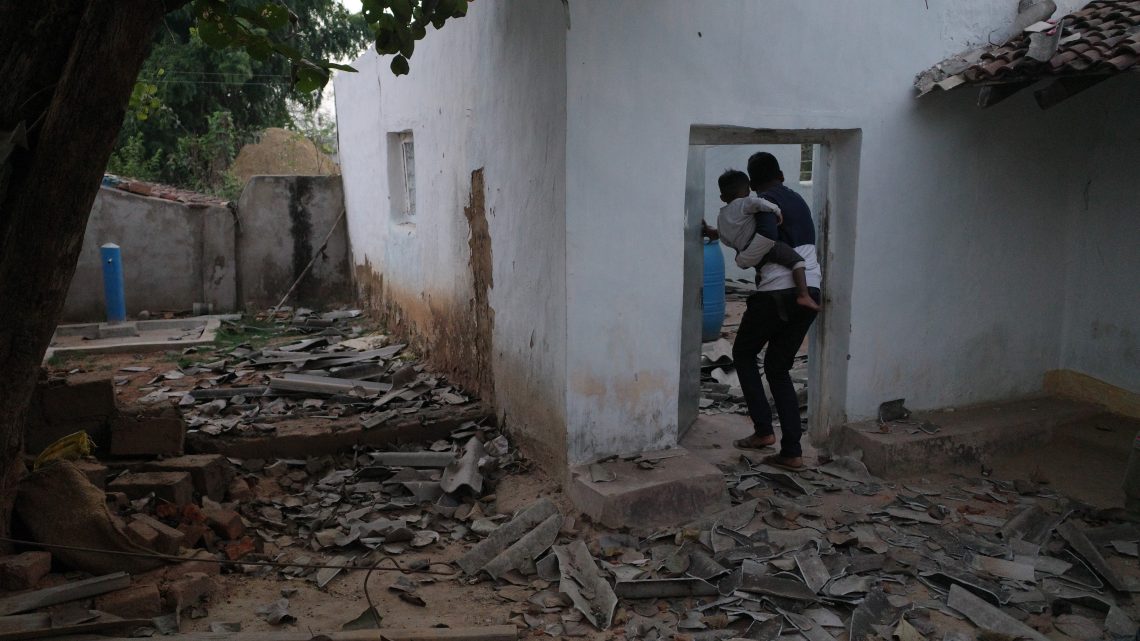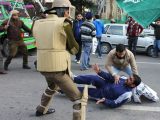
Hindutva Mob Targets Christian Missionary School in Madhya Pradesh: Religious Tensions Escalates in India
January 10, 2024 Off By Sharp MediaIn a disturbing incident, a Hindutva mob, purportedly led by members of the extremist organization Bajrang Dal, launched a violent attack on a Christian missionary school in the Betul district of Madhya Pradesh. The assault took place during a prayer session, with the mob forcibly entering the school premises, as captured in a widely circulating video on social media.
The attackers, part of the Hindutva group, alleged that the Christian community members within the school were engaged in “forced religious conversions.” This incident is part of a disconcerting pattern where Hindutva-affiliated individuals target Christian schools and Churches in India.
This reprehensible episode is not isolated; it echoes a similar incident that occurred in September 2023 in the Sagar district of Madhya Pradesh. In that case, Hindutva goons stormed Saint Mary’s Convent School, accusing it of disrespecting a Hindu deity. The mob not only forcefully entered the principal’s cabin but also created a disturbance. Sister Sarita Joseph, the school’s principal, vehemently refuted the allegations, emphasizing the institution’s commitment to respecting all religions impartially. “We offer education to all our students equally,” she asserted.
The attacks on Christian educational institutions and places of worship by Hindutva groups are increasingly becoming a troubling norm in India. These incidents not only highlight rising religious tensions but also underscore the need for concerted efforts to promote tolerance and harmony in the diverse cultural fabric of the country.
The recurring nature of such assaults raises concerns about the safety of religious minorities and the potential for further escalation. Authorities must address these incidents promptly, ensuring that the perpetrators are held accountable and that religious harmony is actively promoted at all levels of society.
As India strives to maintain its secular identity, incidents like these pose a challenge to the principles of religious freedom and coexistence. A comprehensive and inclusive approach is necessary to safeguard the rights of all communities and foster an environment where diversity is celebrated rather than targeted.

